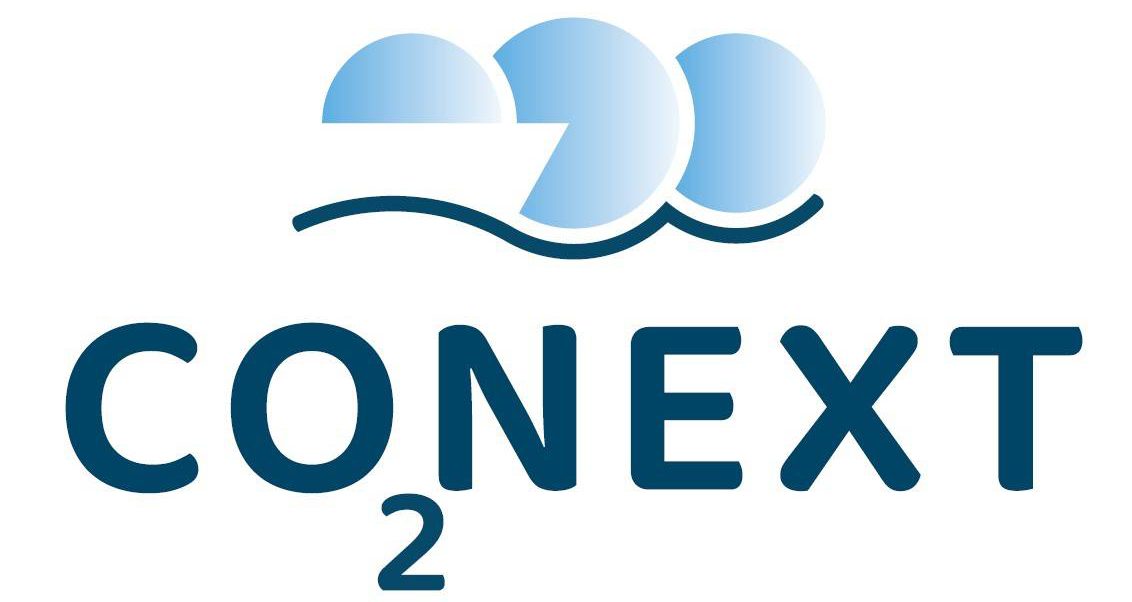Vision
Infrastructures to transport and store CO2 in depleted gas fields in the North Sea are important to reduce CO2 emissions within the near future, and therefore important in the context of the Dutch climate agreement and the European Green Deal.
Currently, many industrial companies and clusters will not be able to make use of depleted gas fields because they are not directly connected to a CO2 pipeline. Transporting liquefied CO2 by ship offers these companies an option to connect to this infrastructure. As a pressurized liquid, CO2 volumes shrink 550 times compared to CO2 under atmospheric conditions, making it easier and efficient to transport it by ship. This enables industrial companies and clusters, such as in Zeeland, Eemshaven and Limburg to avoid CO2 release in the atmosphere and contribute significantly to emission reduction targets.
Mission
To connect multiple emitters and storage operators into an open access system, facilitating transport of substantial volumes of CO2 in the near future, Gasunie and Vopak investigate the feasibility of building a terminal to receive and deliver liquid CO2 by ship. With the facility, located in the Port of Rotterdam, CO2next will be able to receive liquified CO2 by ship (and railcars in future) and deliver it to a pipeline leading to depleted gas fields in the North Sea. This provides all industrial companies the opportunity to transport captured CO2 for storage in depleted gas fields or to be utilized as a raw material.
